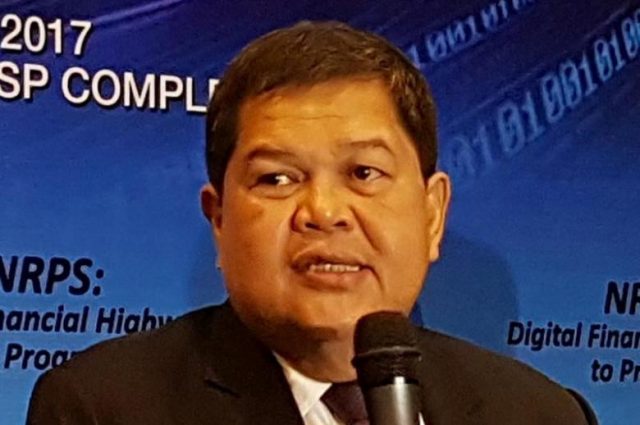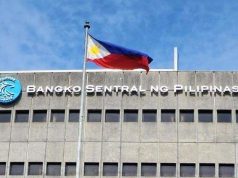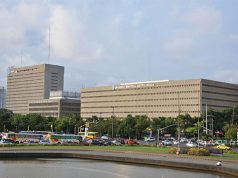MANILA – Concerns about the health of Bangko Sentral ng Pilipinas (BSP) Governor Nestor A. Espenilla, Jr. have not roiled market sentiment, with players still expecting a firm hand on monetary policy and financial market reforms to continue.
Mr. Espenilla on Sunday bared his bout with early-stage tongue cancer that was diagnosed in November 2017. The central bank chief, 59, said he is now cancer-free after surgery and radiation therapy, with full recovery expected in a month or so even as he now bears some speaking difficulty.
Sought for comment, economists and fund managers said the market has not been shaken by the news, given the assurance that Mr. Espenilla is recovering.
“No jitters. We believe it is minor and he healed,” said Eduardo V. Francisco, BDO Capital & Investment Corp.
“At this point, I do not think the situation is a hindrance to continuity. As long as he can fundamentally carry out his duties as chief banks regulator, I see no immediate concern about the future of monetary policy and central banking in the country,” Ruben Carlo O. Asuncion, chief economist at the Union Bank of the Philippines, said in an e-mail, even as he noted that such news could leave some “unsettled.”
A bond trader also said that Mr. Espenilla’s health concern will “not affect” markets, even as another noted there could be some “disruption” should his condition worsen.
“Meanwhile, it’s work as usual for me. Onward with financial market reforms,” Mr. Espenilla said after sharing his story with reporters.
Mr. Espenilla took the helm of the central bank in July 2017 after he was appointed successor to former BSP Governor Amando M. Tetangco, Jr. He has been on a pilgrimage in Israel with his wife and friends since Feb. 16.
“I don’t see any adverse market reaction. The decline of stock prices [from Feb. 21 up to early Monday afternoon] is a mere continuation of the consolidation we’ve been seeing the last few days. I think monetary policy transcends beyond the governor’s health,” added Augusto M. Cosio, Jr., president at First Metro Asset Management, Inc.
The Philippine Stock Exchange index closed 0.38% higher at 8,499.98 on Monday, while the peso strengthened to end P51.86 to the dollar from its P51.89 finish on Friday.
“Remember that there’s a complete macroeconomic staff that supports policy decision of the Monetary Board. The gradual increase in interest rates is still what market participants expect,” Mr. Cosio added.
The Monetary Board opted to keep policy rates steady at 2.5-3.5% during its Feb. 8 review. This was followed by an “operational” cut in bank reserve requirement the following week, which Mr. Espenilla said was in keeping with plans to deepen the debt market and should not be taken as an easing of monetary policy.
Bank economists expect the BSP to raise interest rates this year to keep up with rising inflation, given expectations that prices will surge past four percent for the full year.
In August last year, the BSP and other government agencies unveiled an 18-month road map meant to deepen the local debt market. The goal is to provide an alternative source of financing for companies, especially for long-term borrowing for big-ticket infrastructure projects.
The central bank has also been leading efforts to spur wider use of digital platforms for payments and fund transfers, as part of its financial inclusion drive.









